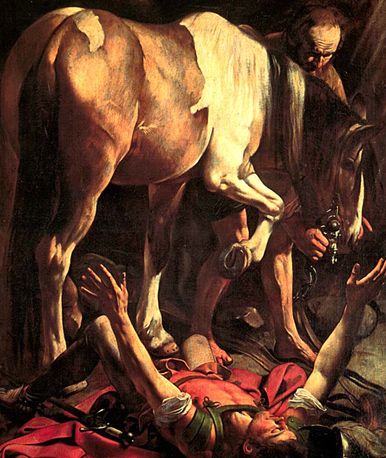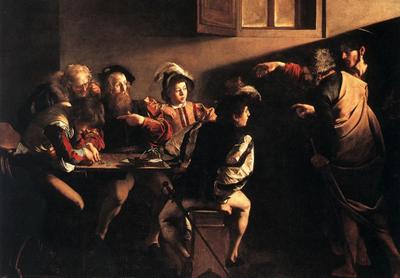You are the man
It is easy for us to do that when we have dedicated ourselves to God and when we have educated ourselves in what is right and what is wrong.
King David does the same in today’s first reading (2 Samuel 12:1-7a, 10-17).
David of course has a very special relationship with God and knows much of God’s ways, so he would seem even better qualified to denounce the man in the story.
Then Nathan said to David:
You are the man!
In saying “You are the man” Nathan the prophet, of course, is not acclaiming David’s greatness in the way some use that phrase today (or its abbreviated form: “You da man”).
He means that the man whom David had denounced is really David himself.
So too God may say to us when we denounce someone who is a sinner.
You are the man!
You are that sinner.
(Miserere mei, Domine)
It is easy to see the sins and faults of others, but it is a matter of life and death that in doing so we not overlook our own sins and faults.
It is likewise easy to quickly assume that a particular denunciation or warning in Scripture does not apply to us (because of our different circumstances, yadda yadda yadda), but we always run the deadly serious risk of overlooking how the denunciation, warning, or prohibition does apply to us.
You are the man!
This is not to say that we should not be honest about evil or that we should not try to help people turn from evil to good.
We are all imperfect, but we must all be honest and must all seek forgiveness, repentance, and to do what is truly good (all of which ultimately comes through faith in our Lord and Savior Jesus Christ).
Our imperfections do not excuse us from our duty to walk toward perfection while helping others advance along the same path in Christ.
The work of God on this earth is not the task only of the sinless.
The work of God on this earth is the task also of the man (male or female) who, through the grace of Christ, faithfully struggles
And you are the man!
(adapted from a previous post)
 A Penitent Blogger
A Penitent Blogger





